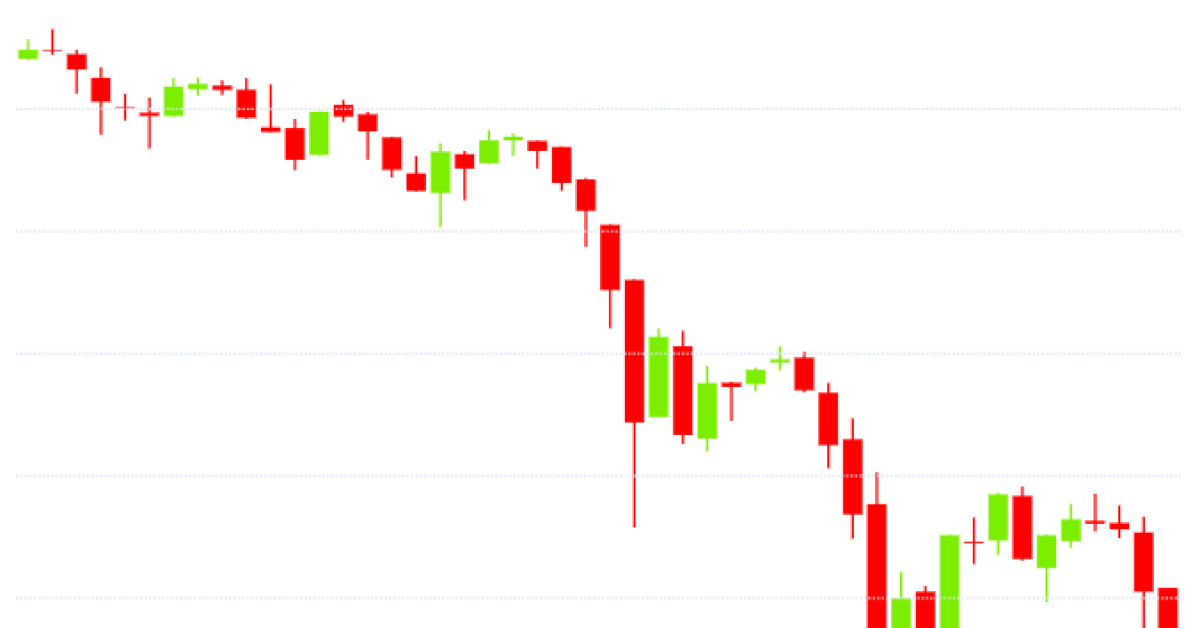Thailand to Bring Cryptocurrency Under Anti-Money Laundering Rules

Thailand’s anti-money laundering regulator is planning to amend the country’s laws to include cryptocurrency.
Speaking to the Bangkok Post, Police Major General Preecha Charoensahayanon, secretary-general of the Anti-Money Laundering Office (Amlo), said he believes that, while currently not an issue, cryptocurrency “will be a tool of new money laundering.”
Preecha said that Amlo currently does not receive complaints around money laundering involving cryptocurrencies, but warned:
“We may not find any clue, but that doesn’t mean the wrongdoing does not occur.”
The secretary-general argued that criminals will increasingly turn to digital assets to conceal their ill-gotten proceeds.
To prepare for this shift, he told the Bangkok Post he plans to alter the country’s laws to bring cryptos into the AML regime, starting with the Anti-Money Laundering Act.
Preecha indicated would add a rule requiring cryptocurrency exchange platforms to report activities to the Amlo, adding that such information is crucial to track laundered money over the internet.
The legal changes would corresponds with international standards on crypto exchange service providers, he said.
Thailand is a member nation of the Financial Action Task Force (FATF) – an international money-laundering watchdog – which recently issued recommendations that cryptocurrency platforms monitor and report suspicious transactions.
It also included a controversial requirement that “virtual asset service providers” (VASPs), including crypto exchanges, pass information about their customers to one another when transferring funds between firms.
FATF further proposed that member countries should consider mandating that exchange providers to register with relevant authorities.
Bangkok image via Shutterstock









